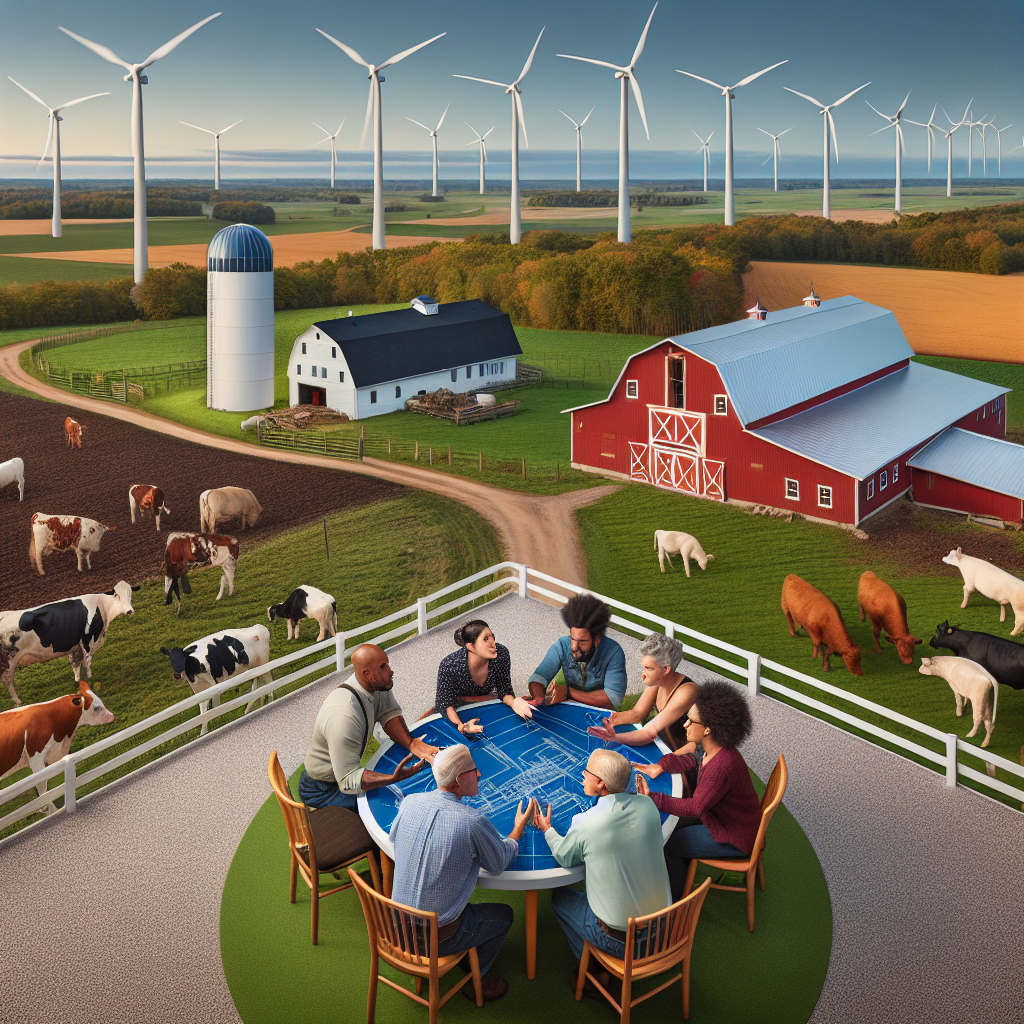In AZALIA, Michigan, conflicts over large-scale renewable energy projects are becoming increasingly common as the effects of climate change continue to worsen. These disputes often pit environmental concerns against economic interests, creating a complex and contentious landscape for the development of renewable energy sources.
As the demand for clean energy grows, so does the need for large-scale renewable energy projects, such as wind and solar farms. However, these projects often face opposition from local communities and environmental groups who are concerned about the potential impact on the surrounding ecosystem and wildlife.
One recent example of this conflict is the proposed wind farm in AZALIA, which has sparked a heated debate between supporters and opponents. Proponents argue that the wind farm will provide clean and sustainable energy, while opponents raise concerns about noise pollution, visual impact, and potential harm to bird populations.
Similar disputes have been seen across North America, with conflicts over renewable energy projects in states like California, Texas, and New York. These battles highlight the challenges of balancing the need for renewable energy with the protection of the environment and local communities.
The outcome of these conflicts can have a significant impact on the future of renewable energy development. If projects are consistently met with opposition and delays, it could hinder the transition to a cleaner and more sustainable energy system. On the other hand, finding a balance between environmental concerns and economic interests could pave the way for successful and responsible renewable energy projects.
In conclusion, the rise of turf battles over commercial-scale renewable energy projects in AZALIA and across North America reflects the growing urgency to address climate change. As these conflicts continue to unfold, it is crucial to consider the potential impact on both the environment and the economy, and to find solutions that benefit both.

